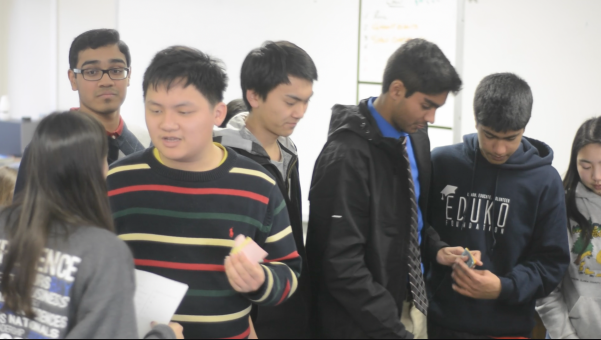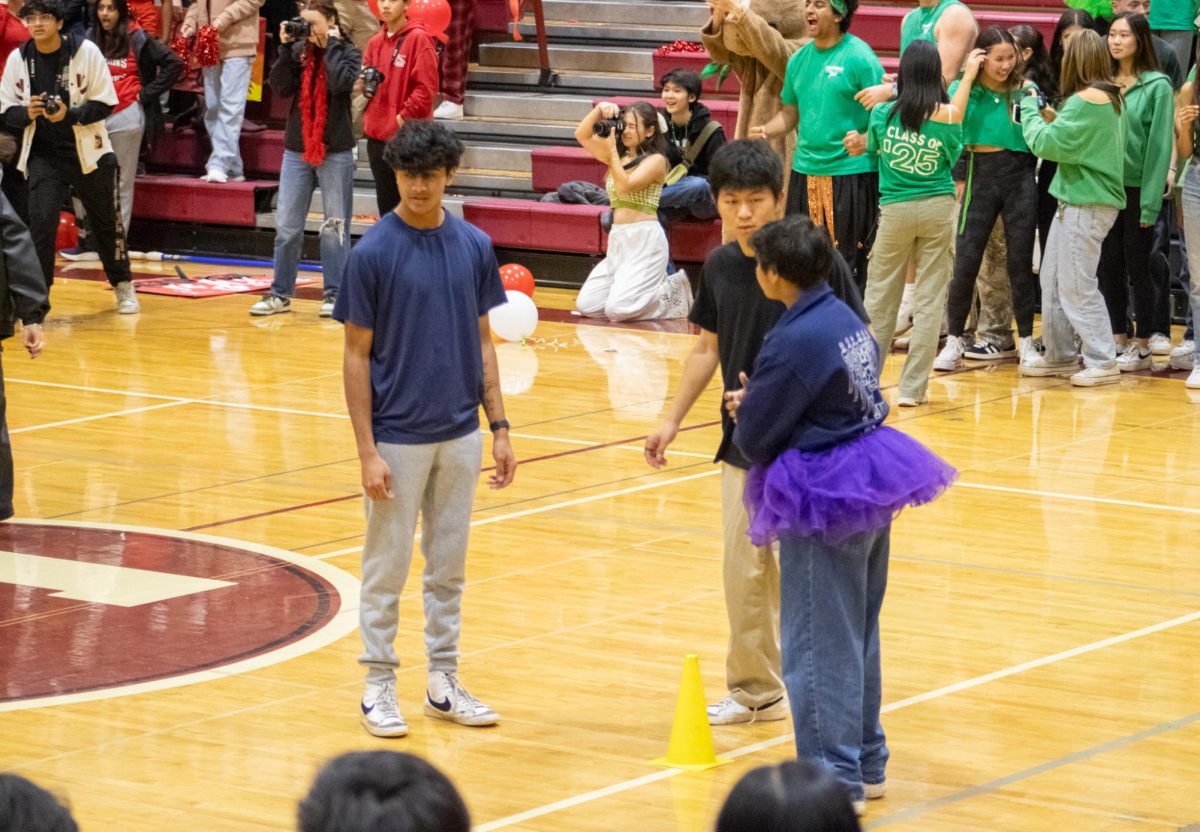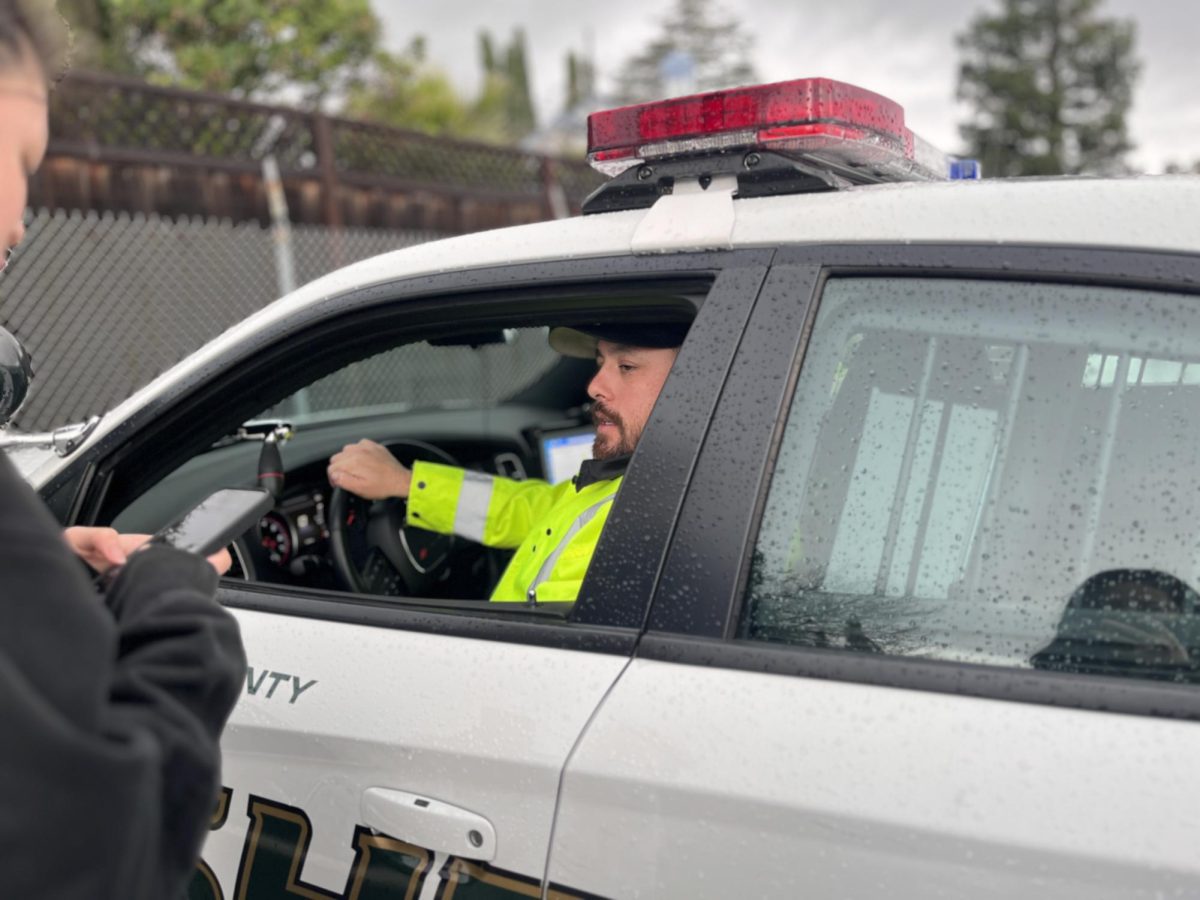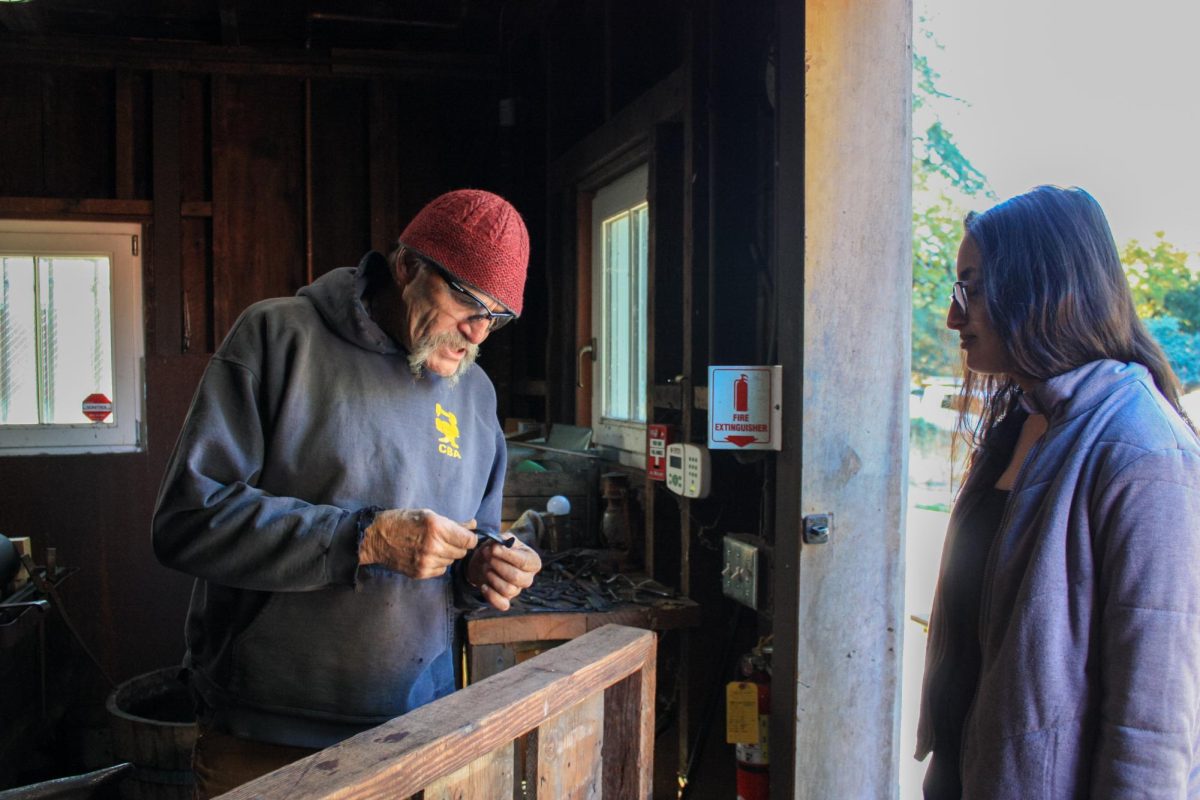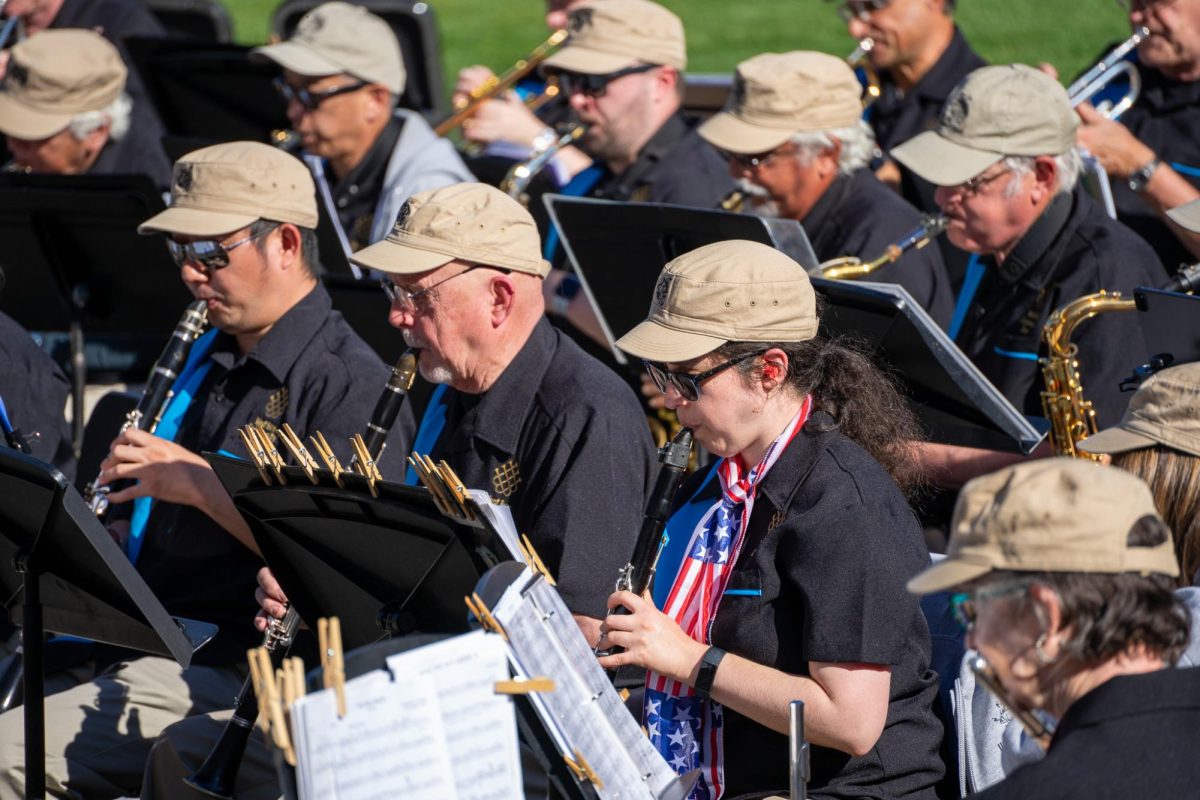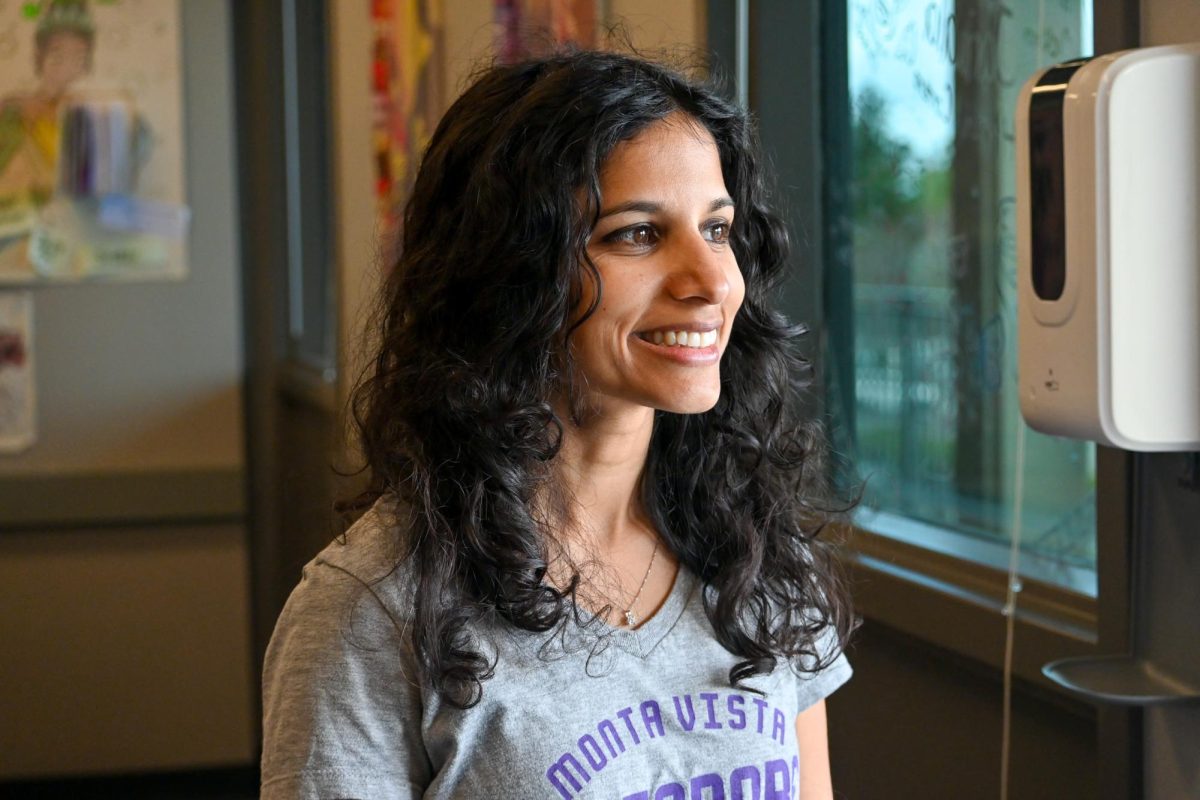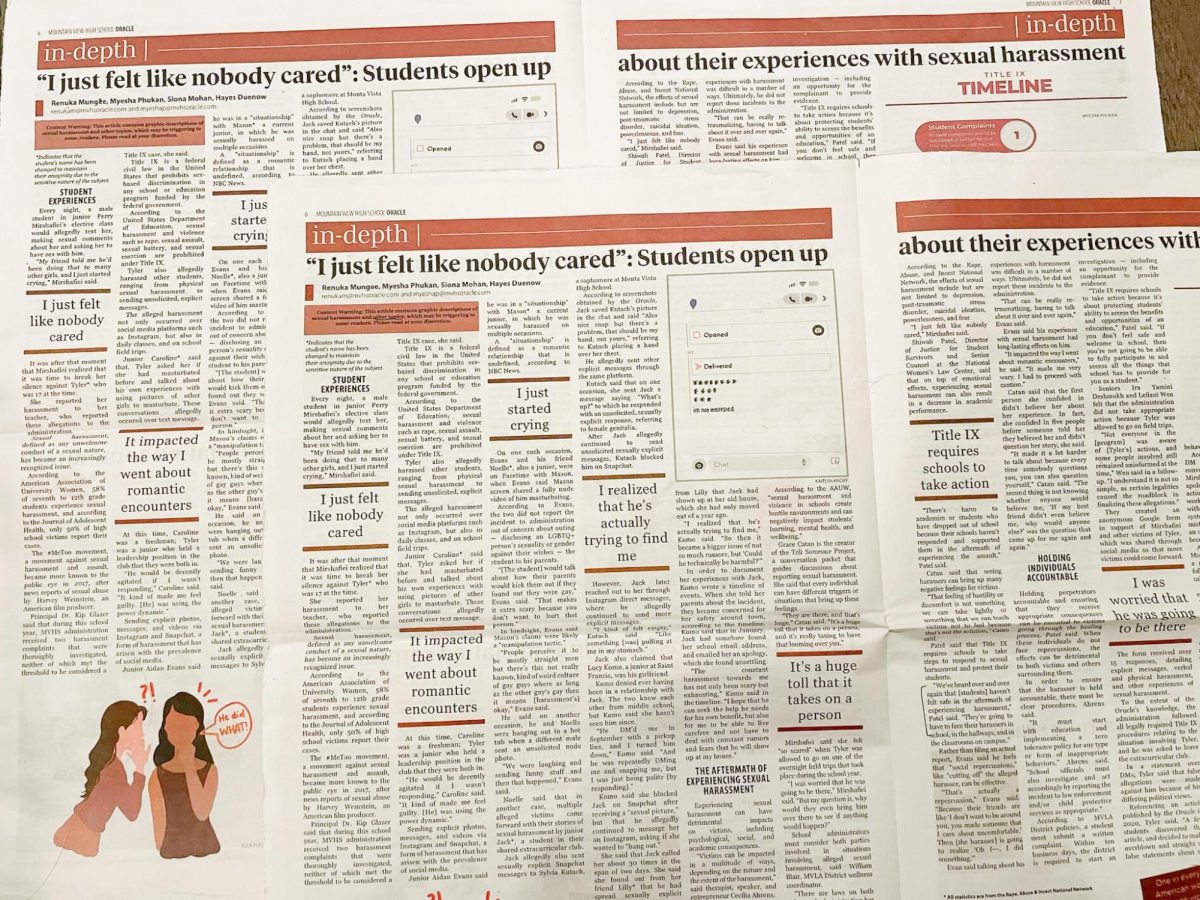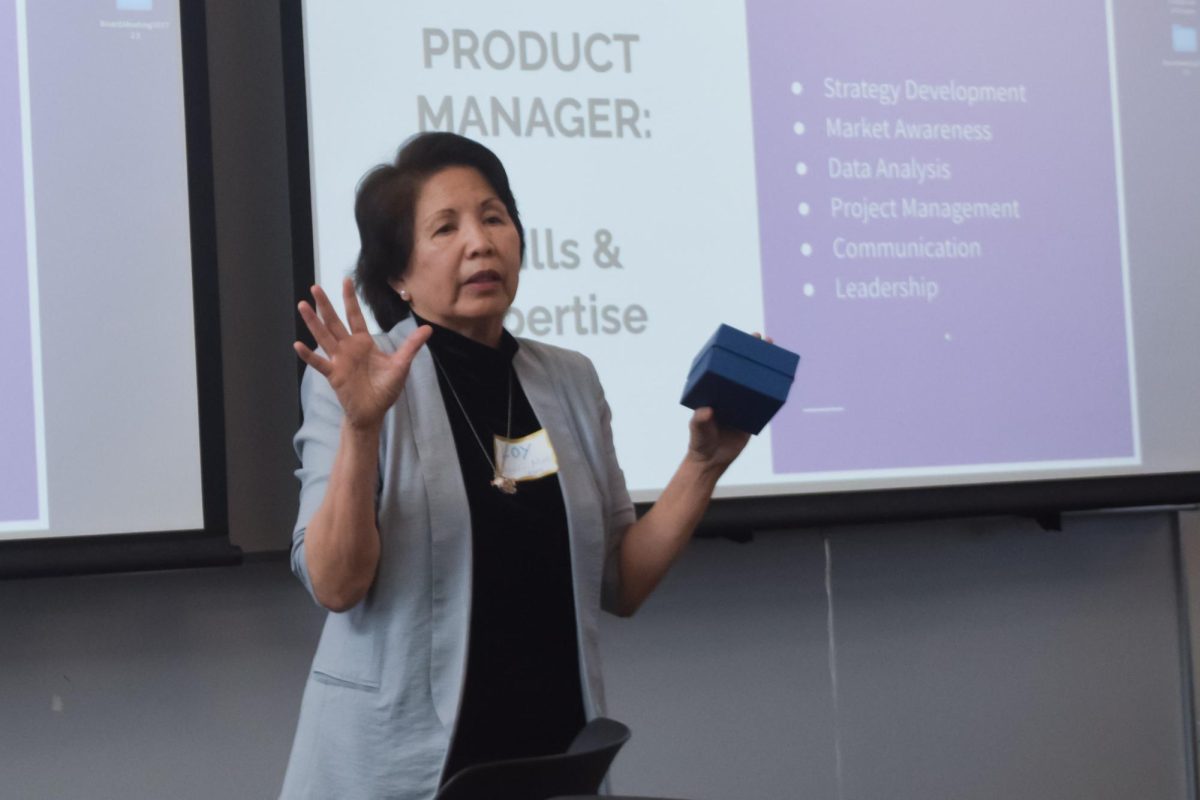Senior Anirudh Srinivas and his family survived poverty the longest.
Things became tough when he became afflicted with AIDS. Hospital bills cost his family $250.
In a stroke of luck, junior John Deng, who had just died, gave Srinivas and his family $500 from his will. Although it had been confirmed that Deng had stolen that money from the bank, the family would take what it got.
On Jan. 13, junior Alan Rosenthal, sophomore Maya Kapur and senior Ann Fu visited two fifth-period business classrooms to teach students about poverty through a simulation. The students reenacted the life of a poor family through landing on different scenarios on a Monopoly board. Although the results did not give an accurate representation of poverty in real life, the trio hoped that their ideas resonated with the classes.
Rosenthal, Kapur and Fu’s simulation for the students acted as a small part of a Partnership with Business FBLA project. Through a close relationship with non-profit organization Kiva, they plan to inform on how the concept of microfinance can be used to combat poverty.
Microfinance, a concept that has existed since the early 70s, empowers companies and organizations that give small loans to low-income individuals with businesses. According to the microfinance theory, the little amount of money has the potential to make a big difference in a poor individual’s lives. Kiva allows individuals to make fractional loans to businesses in need around the world.
“It’s an interesting alternative to forms of charity where you just give people money,” Rosenthal said.
The yearly Partnership with Business project will promote Kiva’s cause this year through awareness and funds and will allow some FBLA members learn about the internal work of Kiva.
“[We can] hopefully do more things for awareness besides the simulation,” Kapur said.
Some of those hopes include traditional fundraisers, which would be a direct way to generate money.
In business teacher Jeff Mueller’s marketing class, the simulation was not as serious as the group had hoped . Students sat on their phones, ignored directions or planned their arrests in order to receive food in jail.
However, at the end of the simulation, Kapur reminded the class at the end that most groups had been homeless, not had an education, and could barely feed their families. She wanted to remind them that poverty was not a laughing matter.
















